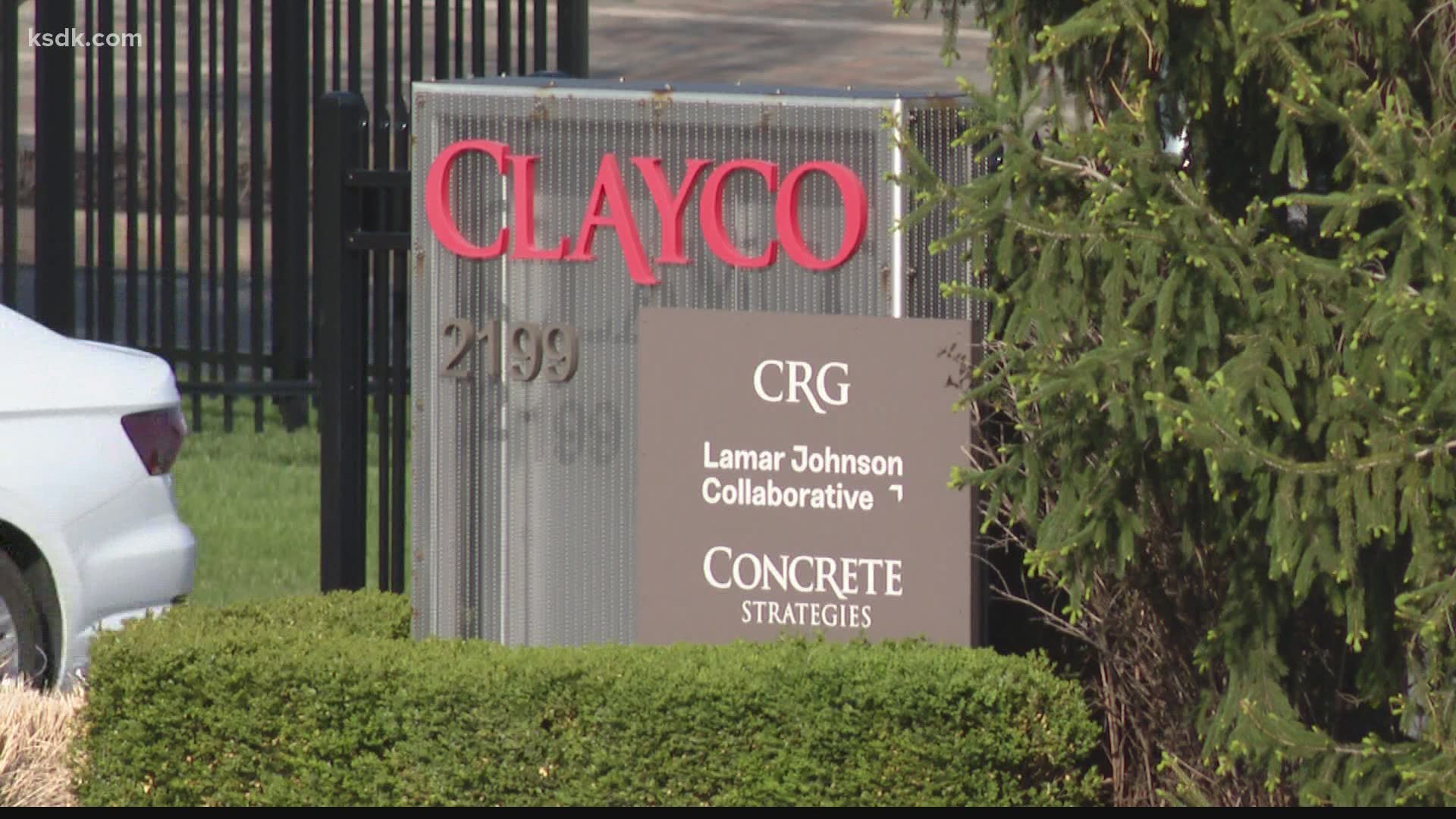ST. LOUIS — Construction firm Clayco Inc. is mandating that its workers get COVID-19 vaccines and return to offices May 10, a move its leader says is meant to instill confidence in other businesses so that they'll follow suit.
"We want to set an example," said CEO Bob Clark. "We want to step out from the shadows and we want other businesses to do the same things and feel secure."
"I feel secure whether they do it or don't do it, but there's usually comfort in numbers," he said.
The announcement comes as governments, desperate to add life to central business districts, have sought to query businesses on what they'll need to return workers to offices. It also comes as relatively few businesses have mandated vaccine use; a survey released in February by management-side firm Littler Mendelson found only 6% of respondents planned to require that all employees get vaccinated once shots are readily available.
Citing the increasing availability of vaccines, Clark told employees Friday that workers must come back to offices May 10, after saying in March that vaccinations would be mandatory, with time off available to get them.
Exceptions are allowed for medical reasons, pregnancies and "sincerely held" religious beliefs. Clark said only a handful of employees had applied for exceptions; the company, based in Chicago, has about 600 office workers in North County and Clayton.
In circumstances where desks are too close, managers will rotate employees in and out of remote work to maintain separation, the company said, adding that masks will still be required, along with other precautions. The policy also applies to its companies CRG and Lamar Johnson Collaborative.
Clark said U.S. Equal Opportunity Employment Commission rules allow Clayco to mandate the vaccine, and a legal expert interviewed in January agreed.
There are several reasons for the pivot.
First, Clayco is not as efficient when employees work from home, though it grew revenue during the pandemic, as work at job sites continued, and expects $4.5 billion in revenue this year, Clark said.
"Anybody who says they can be completely remote I think will suffer the consequences of not being efficient and not being able to recruit effectively and not inculcate their people," Clark said. "One of the most important things about Clayco is the people culture that is a living, breathing thing within our organization, and we can't continue to keep our culture the way that we are working remotely."
Clark said some 10,000 field workers continued to report to job sites across the U.S., and that many traveled on commercial flights to reach those places, with no virus cases directly attributable to the travel.
Click here for the full story.

